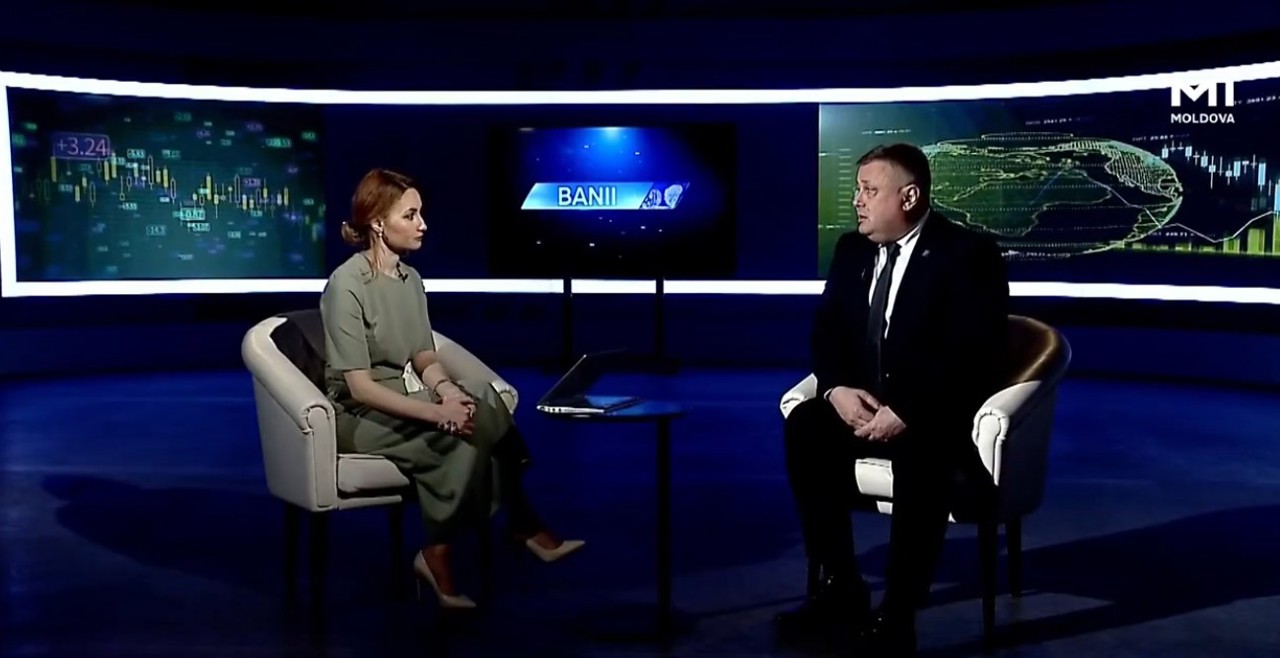Promo-LEX: Tiraspol may cut internet and mobile for "security". Ombudsman reacts

Tiraspol may disconnect mobile phones and internet services under the pretext of a so-called security threat. This is outlined in several amendments proposed for approval by the so-called Supreme Soviet. As a result, communication services could be suspended for up to 48 hours without a court decision, based solely on the request of an official from the Transnistrian security structures. The Promo-LEX Association and the People's Advocate argue that these provisions violate the right to free expression and access to information, limiting citizens' ability to seek help or report abuses.
“Without access to the internet and telephony, individuals become even more vulnerable to abuses committed by security forces in the region,” stated Promo-LEX analyst Mihaela Şerpi in an interview with Moldova 1 TV.
What would these initiatives entail in practice?
According to Promo-LEX, any content that criticizes the unrecognized authorities, challenges the legitimacy and legality of the region, documents serious violations of fundamental rights, or denounces the abuses of Transnistrian structures could be blocked.
Additionally, individuals who express critical opinions, initiate peaceful protests, or engage in civic activities in areas deemed “politically sensitive” by Tiraspol risk being disconnected from internet and telephony services based solely on suspicions raised by security forces, without any real legal protections.
Ombudsman reacts to Tiraspol regime's attempt to isolate population
Ombudsman Ceaslav Panico stated that Tiraspol’s initiative to interrupt communication services under the pretext of a “security threat” represents a new attempt to restrict rights and freedoms in the Transnistrian region.
“There are two aspects that warrant attention. First, from a procedural standpoint, such actions should be carried out by a competent authority, such as the courts or within the context of an ongoing criminal investigation,” declared Ceaslav Panico.
The Ombudsman highlighted that the lack of access to the internet and telephony could seriously undermine the right to information and free expression and hinder individuals' ability to report abuses. He noted that this measure also has an intimidating effect: “It serves as an attempt to instill fear in the population on the left bank of the Nistru.”
Panico acknowledged that the Chisinau authorities have limited options for direct intervention in the Transnistrian region. However, he argued that concrete measures can be implemented on the right bank of the Nistru.
“We do not have access to the companies on the left bank that provide landline telephony and other services. I am unsure, from a procedural perspective, how we could intervene. One recommendation is for the population on the left bank to purchase equipment or phone cards from companies on the right bank, so they do not depend on services from the left bank,” he suggested.
The Promo-LEX Association has also urged the Chisinau authorities to establish a clear strategy for supporting residents on the left bank of the Nistru. Currently, no institution is designated to provide coordinated support, and there are no helplines, information campaigns, or materials tailored to the region's realities.
Teleradio-Moldova sought a comment from the Reintegration Office, but had not received a response by the time this article was published.





